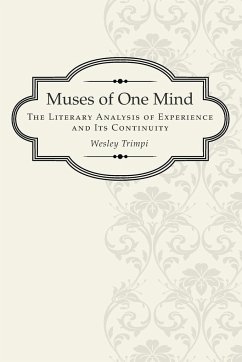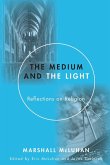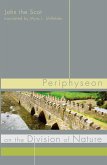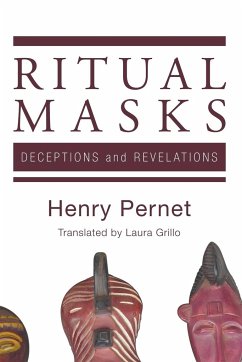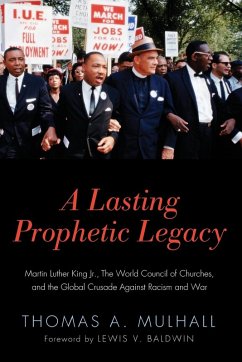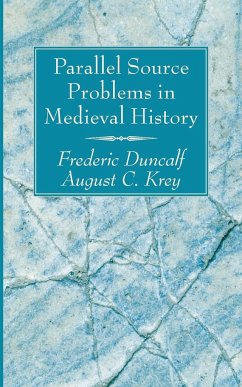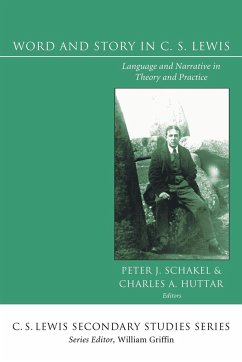Describing how ancient discussions of literature borrowed their descriptive terms from mathematical, philosophical, and rhetorical disciplines, Wesley Trimpi shows that when any one of these three types of discourse was sacrificed to one or both of the other two, the resulting imbalance proved destructive to literary discourse. Preoccupation with exhortatory (rhetorical) intention reduced literary works to displays of eloquence or ideology; preoccupation with cognitive (philosophical) intention led to didacticism; and preoccupation with formal (mathematical) excellence resulted in ""aesthetic"" expression for its own sake. In tracing the relationship of the three disciplines to literary discourse through the Middle Ages, this work diagnosis the increase of such reductive preoccupations after the Neoplatoic reconstruction of classical literary theory. Since 1600 these imbalances have continued to exist, obscured by proliferating and competing ""theories"" and ""methods"" of literary interpretation. Taking theoria in the ancient sense of ""inclusive observation,"" Professor Trimpi points to an alternative to contemporary critical orthodoxies.
Hinweis: Dieser Artikel kann nur an eine deutsche Lieferadresse ausgeliefert werden.
Hinweis: Dieser Artikel kann nur an eine deutsche Lieferadresse ausgeliefert werden.

